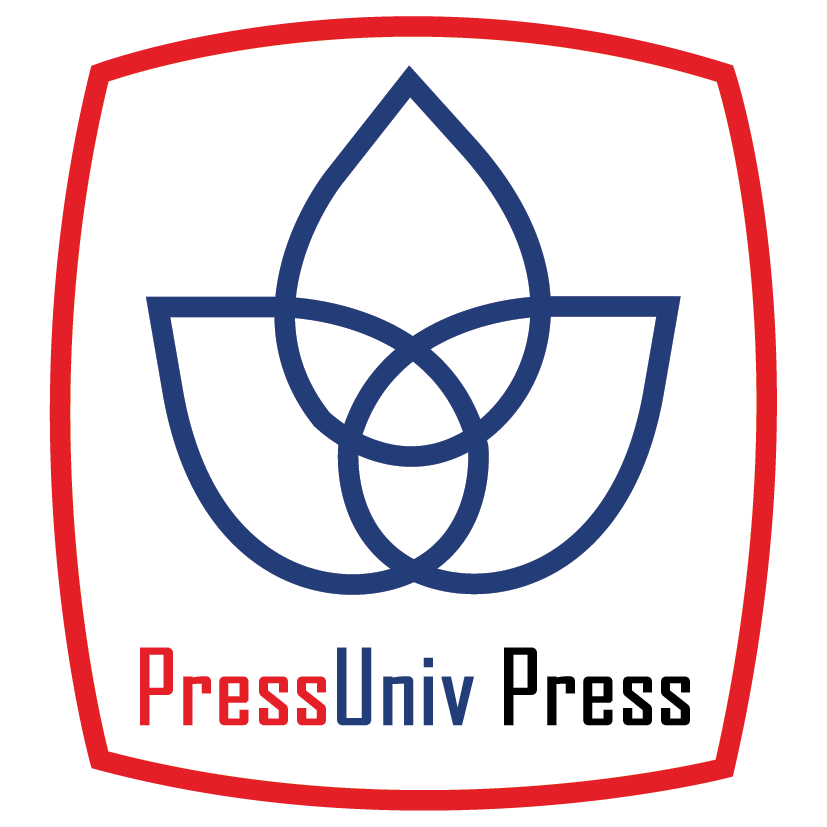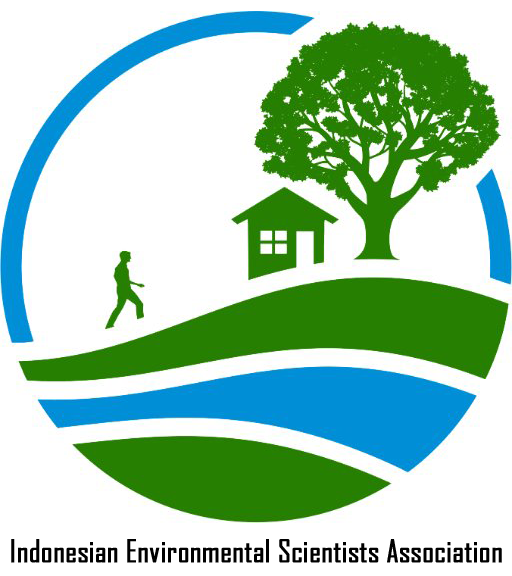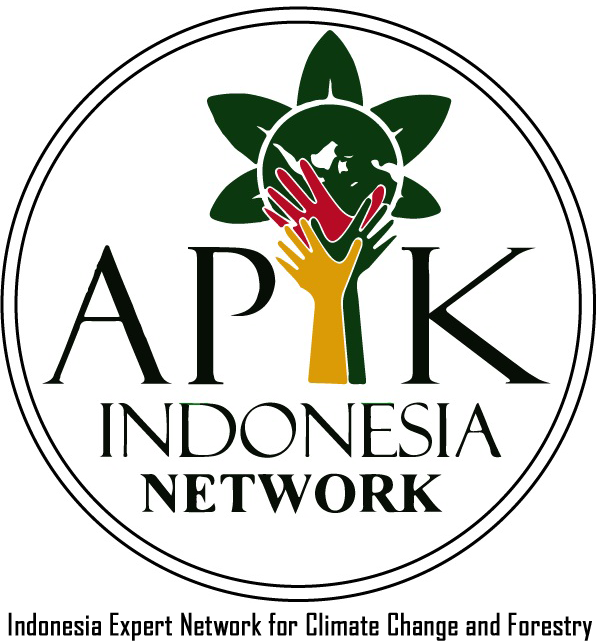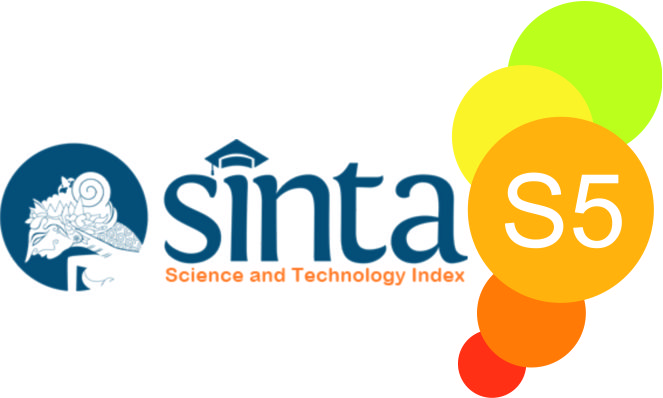Study of Household Willingness to Pay Waste Retribution Fees at Kapuk Village, Cengkareng, West Jakarta
Abstract
Abstract. Kapuk Village faces significant challenges in effective waste management. High population numbers and the lack of waste facilities have resulted in high waste generation and diverse waste compositions. In an effort to overcome this problem, community participation in the form of WTP is very important. WTP in Kapuk Village reflects the extent to which the community is willing to pay to improve waste management services. Objectives: Estimate the WTP value, analyze the factors that influence it, and determine the total generation and composition of the waste produced. Method and Results: Using a quantitative approach supported by primary data obtained from the results of questionnaires, as well as observations and measurements of waste generation and composition. Conclusion: Waste generation in Kapuk Village was 0.38 kg/person/day and 2.44 L/person/day, consisting of 61% food waste, 9% wrappers of food/drinks, snacks, instant and noodles, 3% plastic bags, 2% bottles of mineral water and soda, 1% Styrofoam, 3% cardboard/cartons, 1% tissue, 7% HVS, books, newspapers, and magazines, 2% cloth, and 11% diapers. According to the t-test results, the factors partially associated with WTP are perception (sig. value = 0.000), attitude (sig. value = 0.001), and knowledge (sig. value = 0.000). These three variables also simultaneously influence the value of WTP, with a sig. value of 0.000. In addition, the WTP for waste retribution fees in Kapuk Village is Rp 20,633/month/family. The budget from the WTP can be used to hold seminars or campaigns, as well as provide additional facilities for waste management.
Full Text:
PDFDOI: http://dx.doi.org/10.33021/jenv.v9i1.4815
Copyright (c) 2024 Fati Imanuel Waruwu

This work is licensed under a Creative Commons Attribution-ShareAlike 4.0 International License.
Journal of Environmental Engineering and Waste Management Published by PresUniv Press, in collaboration with IESA and APIK Indonesia Network




